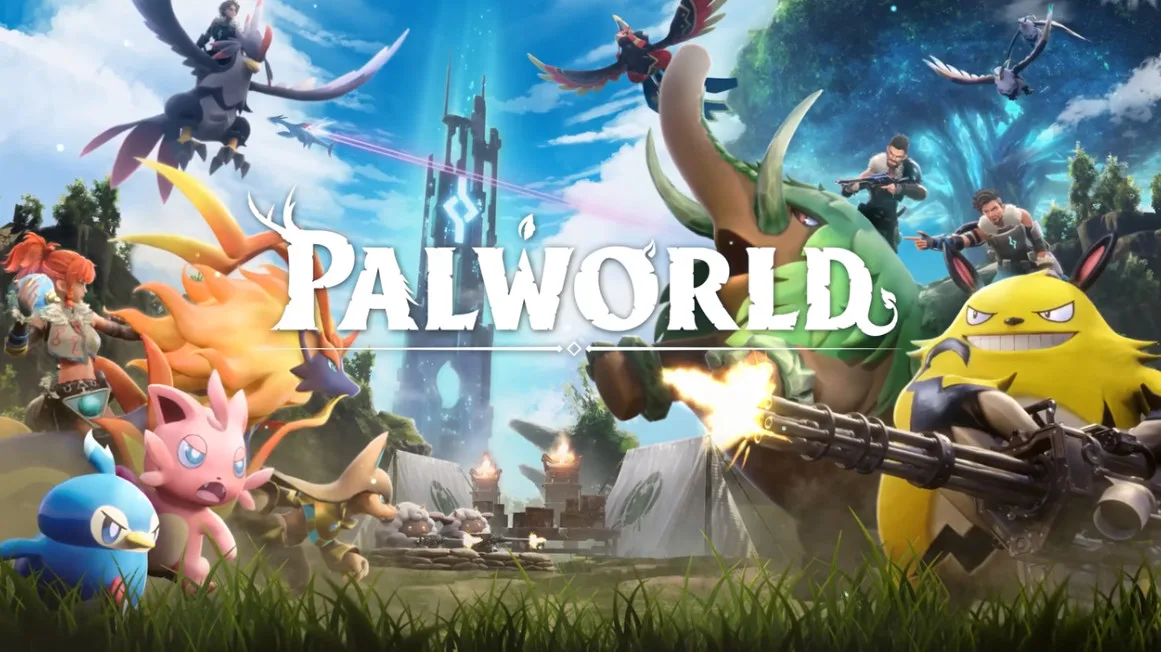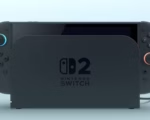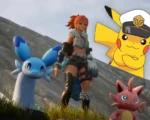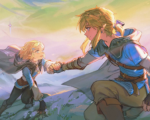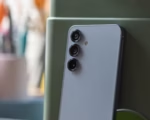Palworld” Surges in Popularity After January Release, Attracting Attention from Industry Giants
Nintendo and The Pokémon Company have taken significant legal action by filing a patent infringement lawsuit against Pocketpair Inc., the developer behind the popular survival adventure game “Palworld.” This lawsuit, lodged in the Tokyo District Court on Wednesday, seeks both an injunction to halt the game’s distribution and compensation for damages, alleging that “Palworld” violates several of Nintendo’s patents.
“Palworld,” which has been described as a fusion of Pokémon mechanics with gunplay, achieved breakout success soon after its release in mid-January. The game allows players to capture and train adorable creatures, referred to as “pals,” but differentiates itself by incorporating firearms and action-oriented gameplay. This unique blend of elements has garnered significant attention and popularity, especially among gamers looking for a new twist on creature-collection games.
The lawsuit raises concerns about intellectual property rights, particularly in an industry where game mechanics, character designs, and gameplay elements can be closely scrutinized for similarities. Nintendo, known for its iconic franchises, has been vigilant in protecting its intellectual property, having previously taken legal action against other developers for perceived infringements. The Pokémon Company, a joint venture between Nintendo, Game Freak, and Creatures, also has a vested interest in ensuring that its beloved franchise is not misrepresented or diluted by similar products in the market.
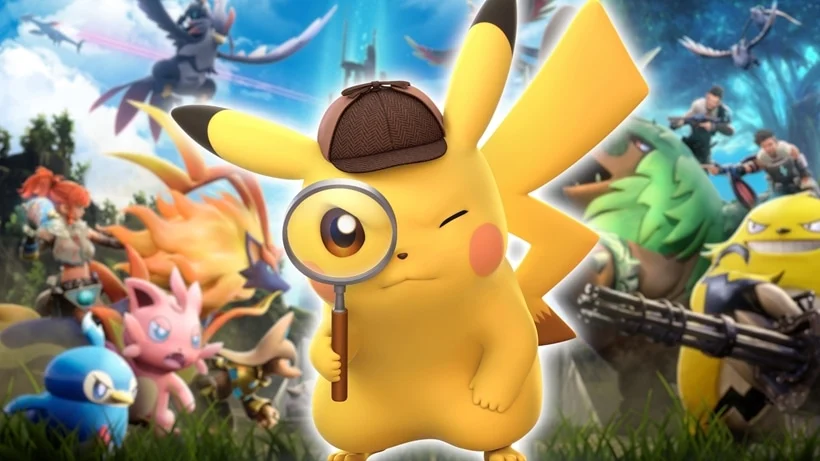
The timing of this lawsuit is particularly critical as “Palworld” continues to gain traction among gamers, which could potentially complicate the legal proceedings. As the case unfolds, it will not only address the specific allegations against Pocketpair Inc. but also set a precedent for how similar cases might be handled in the future. Intellectual property law in the gaming industry often involves nuanced arguments about originality and influence, and this lawsuit is likely to delve into those complex legal waters.
The impact of this legal dispute extends beyond just the immediate parties involved. It highlights the ongoing battle within the gaming industry to protect intellectual property while fostering innovation. Other game developers are watching closely, as the outcome could influence how new games are designed and marketed, particularly those that draw inspiration from established franchises.
As the situation develops, gamers and industry observers alike will be keenly interested in the courtroom battles ahead. The legal proceedings will not only shape the future of “Palworld” but may also have broader implications for the gaming industry as a whole, as companies navigate the delicate balance between creativity and intellectual property rights.


